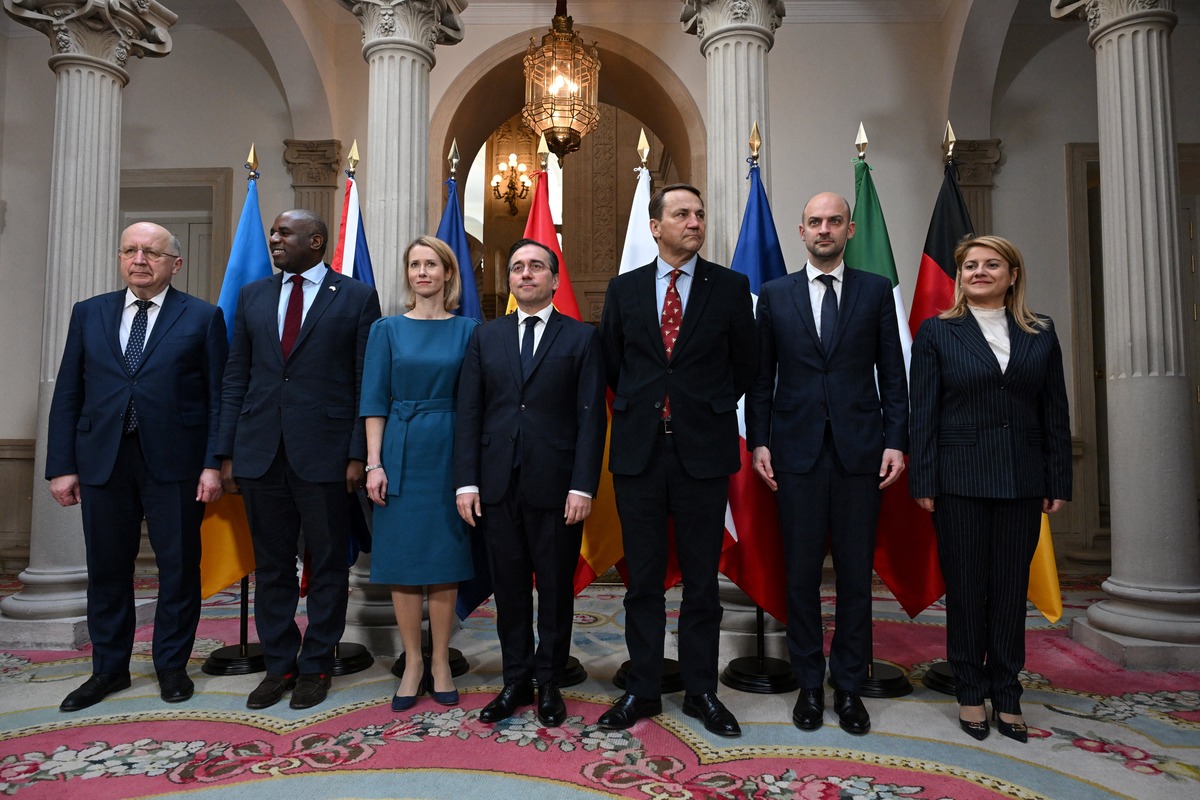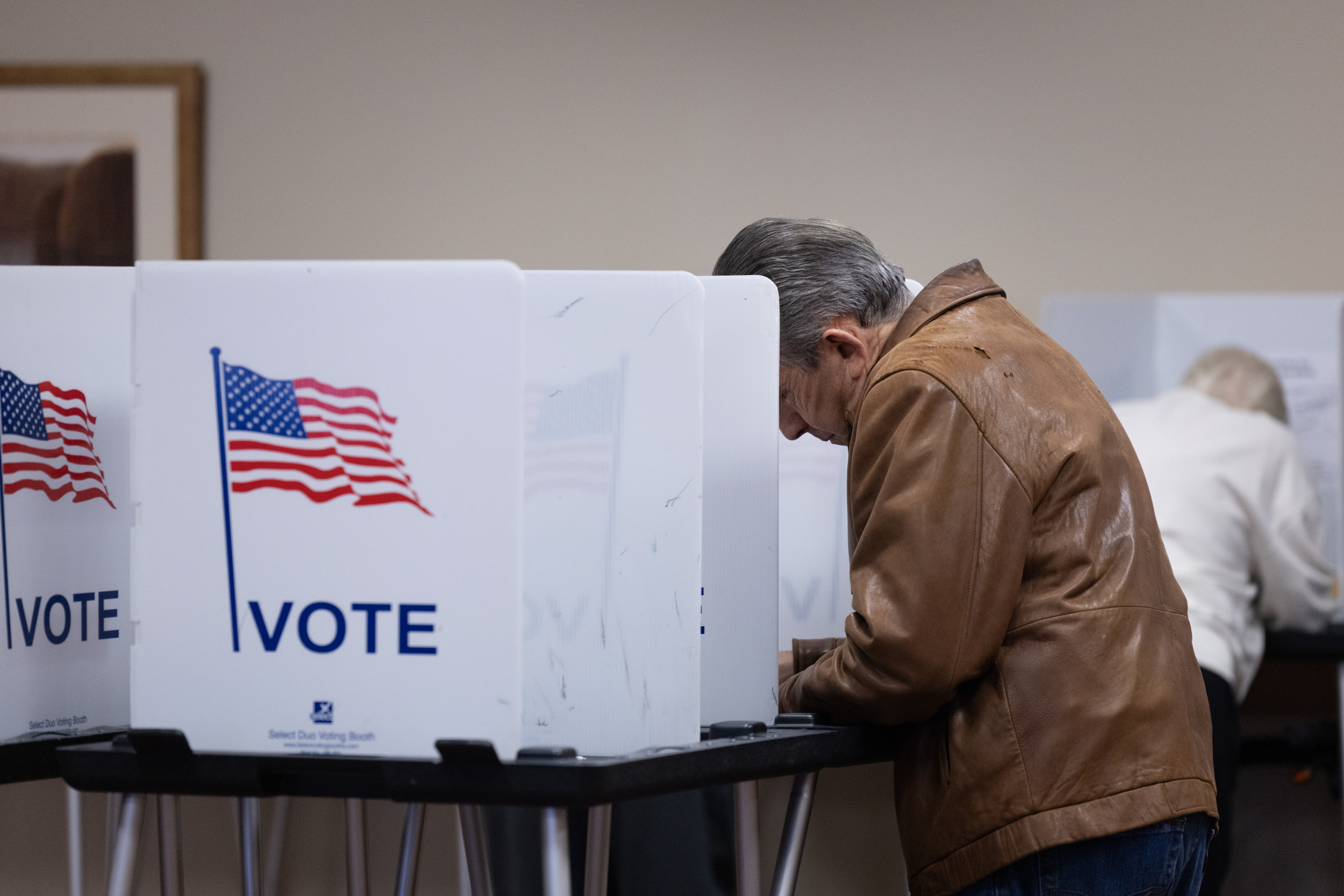The U.S. State Department approved the sale of advanced MQ-9B drones to Qatar for nearly $2 billion, marking a significant step in the growing defense relationship between the two countries.
This would be the first sale of this type of military equipment to the region.
Newsweek has reached out to the Department of Defense and the Qatari government for comment.
Why It Matters
This sale supports U.S. national security and foreign policy goals by enhancing Qatar's defense capabilities, particularly as it is home to Al Udeid Air Base, the largest U.S. military base in the Middle East.
Also important to President Donald Trump's relationship with Qatar is the role that it helped in brokering the ceasefire in Gaza between Israel and Hamas which allowed for exchanging some Israeli hostages for Palestinian prisoners before its recent collapse.

What To Know
The State Department approved the sale of eight MQ-9B Remotely Piloted Aircraft at Qatar's request, according to the U.S. Defense Security Cooperation Agency in a statement released Wednesday.
If concluded, this will be the first sale to Qatar and the region, a source familiar with the matter told Newsweek on Thursday.
"The proposed sale will enhance Qatar's ability to meet current and future threats by providing timely intelligence, surveillance, reconnaissance, target acquisition, counter-land, and counter-surface sea capabilities for its security and defense," the agency's statement said.
The $1.96 billion arms package includes guided munitions, Hellfire missiles, advanced radar, surveillance equipment, and secure communications systems—improving its aerial reconnaissance and strike capabilities.
Since 2003, Qatar has invested over $8 billion in Al Udeid Air Base, supporting key U.S. Central Command operations. The U.S. has over $26 billion in defense sales with Qatar, making it the second-largest Foreign Military Sales partner. Since 2016, more than $2.8 billion in direct defense exports have been approved, mainly for aircraft, training, and night vision systems, according to the State Department.
Qatar, designated a Major Non-NATO Ally (MNNA), played a key role in facilitating negotiations with the Taliban during the Afghanistan peace process and maintains a complex relationship with Iran.
Qatar has also helped mediate a ceasefire between Israel and Hamas with the U.S. and Egypt, though it has long been a safe haven for Hamas leaders and has provided financial support to Gaza—raising concerns over its role among some U.S. officials.
What People Are Saying
The U.S. Defense Security Cooperation Agency: "This proposed sale will support the foreign policy and national security objectives of the United States by helping to improve the security of a friendly country that continues to be an important force for political stability and economic progress in the Middle East."
What Happens Next
This arms deal strengthens Qatar's role as a regional power broker, influencing U.S. actions in conflicts like Yemen, while boosting military ties to counter regional threats, particularly Iran.
About the writer
Amira El-Fekki is a Newsweek reporter based in Dubai. Her focus is reporting on politics and society in the Middle ... Read more




